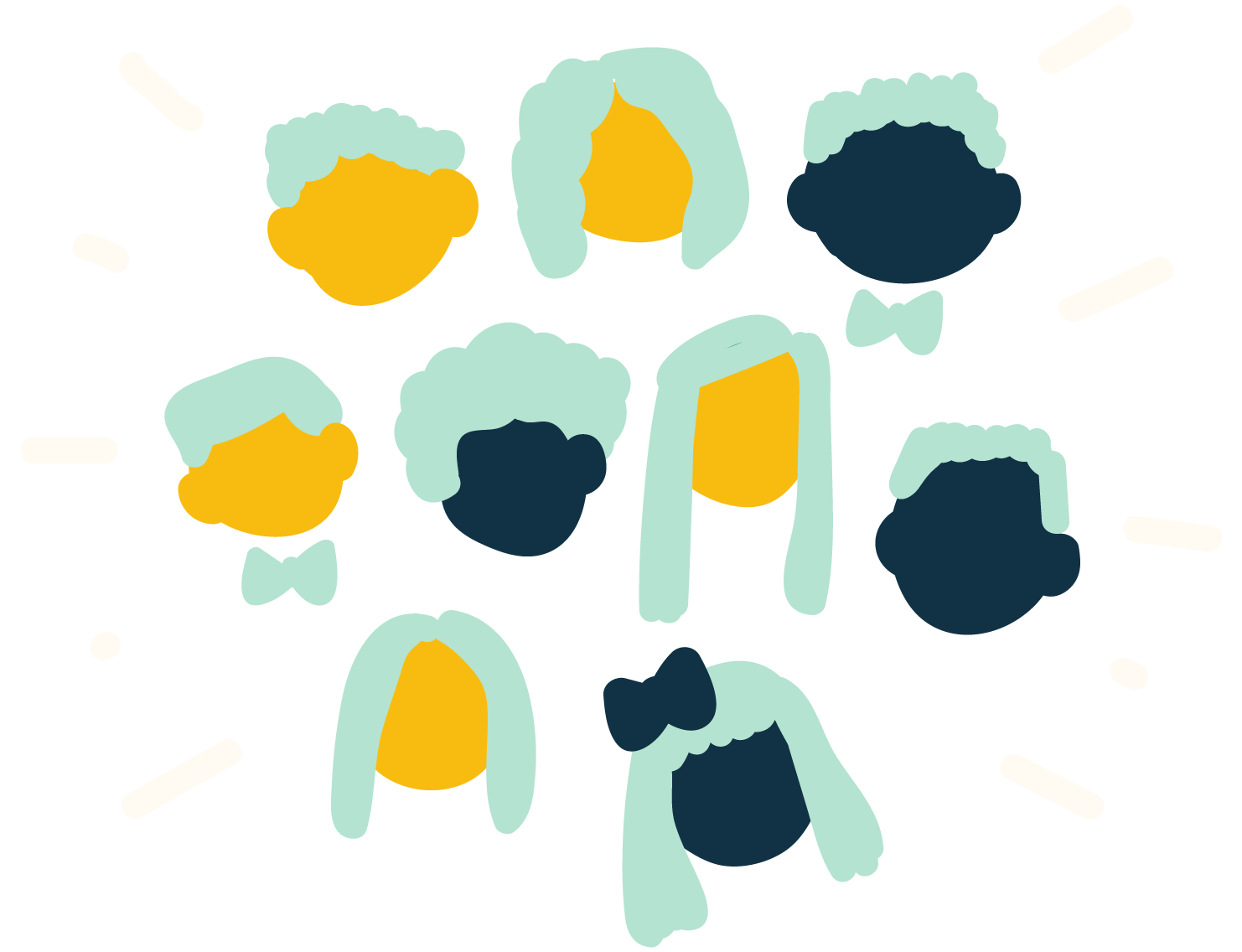why we exist
From arts and heritage to life skills and leadership, we link businesses, education, and communities so every young person can succeed. Every booking, partnership, and commission funds empowering programmes for young people from marginalised communities. In order to understand why You Be You exists, it is important to consider the social issues we are tackling. These include but are not limited to:
In the first five years of life, a child’s brain develops more and faster than at any other time in his life. This is when the foundations for learning, health and behaviour throughout life are laid down. The pandemic has continued to affect children’s communication and language development, with noticed delays in their speech and language progress being the worst amongst young boys. Over 80,000 boys last year have fallen behind. *Source: UK.gov
early years
Socioeconomic background, ethnicity, disability, gender, and whether a child has been in care or has special educational needs and disability (SEND) all affect a child’s progress at school and beyond.
Educational inequality and attainment gaps
Gender
One in five children (21%) say they aren’t clever by the time they start secondary school, with girls more likely than boys to doubt their intelligence.
By age 10, across 15 different countries, young girls talked of a constant emphasis on their physical appearance and had been taught that their bodies were their key asset. Boys were more likely to try to resolve issues by fighting.
Damaging stereotypes and prejudice linked to:
Race
Ethnic minority employees hold only 1 in 16 top management positions in the UK.
Disability
65 million primary and secondary school age children globally have a disability. At least half of these (30 million) children do not have a school place.
The UK unemployment rate for autistic adults is 78%.
Class
Those from working class backgrounds earn 24% less a year than those from professional backgrounds, even if they get a professional job they earn 17% less than more privileged peers.
42% of LGBT+ school pupils have been bullied in the past year, double the number of non-LGBT+ pupils (21%).

